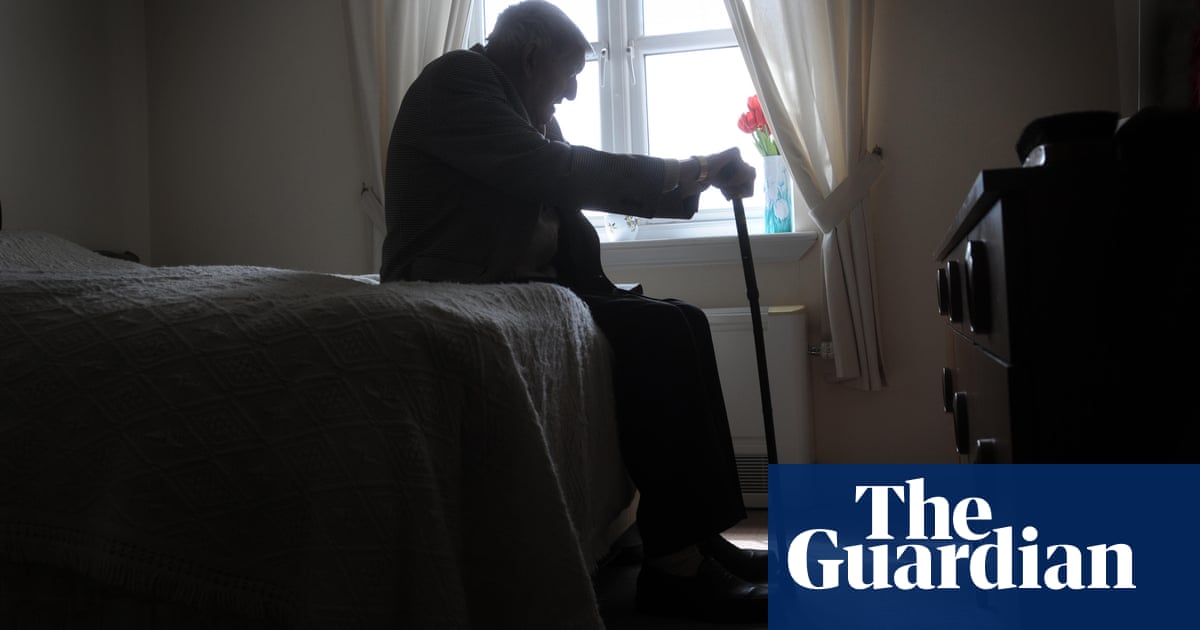
Covid-19 has deepened inequalities between the north and south of England, with little sign of the government’s “levelling up” agenda becoming a reality, a thinktank has warned, in an urgent “wake-up call” to Boris Johnson.
The north is experiencing levels of unemployment not seen since 1994, with areas put under the strictest tier 3 restrictions among the worst affected, IPPR North said in its annual health-check of the economy of the north of England.
In October, 657,900 people claimed unemployment-related benefits in the north of England, with tier 3 Blackpool, Middlesbrough and Hull among the hardest hit. That is almost double the number in October 2019, when there were 340,220 northern claimants.
But the government’s “one size fits all” approach to compensating affected areas takes no account of the fact the UK entered the global pandemic with deep, growing divides between and within England’s regions caused by decades of centralisation and 10 years of austerity, IPPR North said.
“Covid-19 makes the challenge of reducing regional inequalities even greater than before – especially for a government whose election platform rested heavily on a promise to do just that. ‘Levelling up’ is the latest in a long history of initiatives that refer loosely to regional rebalancing … to date, however, it is also one of the most striking for its lack of detail on how rebalancing is to be achieved,” the IPPR North’s report says.
A £4bn levelling up fund for England was announced last month, to pay for “local infrastructure that has a visible impact on people and their communities”.
“Unfortunately this will be a centrally administered fund, thereby missing an opportunity to strengthen devolution, build on the local knowledge and expertise of combined and local authorities,” IPPR North says.
Covid has affected the health, livelihoods and future prospects of people in different ways, depending on where they live. It has “created new regional inequalities and deepened old divisions”, the report adds.
Of all the English regions, London has had the biggest year-on-year increase in unemployment benefit claimants, with an extra 302,910 people requiring support, a 5% rise. In Tottenham, the worst affected constituency, 12.5% of the population are on the dole, up 8.4% from last October. The south-west of England has seen on of the lowest annual percentage increases in joblessness, up 2.9% – the same as Wales and Scotland.
But there are fewer job opportunities in the north compared with the rest of England, IIPR North found, with 0.7 jobs per person in the north, lower than the English average (0.74 jobs per person).
In addition, median wages are lower in the north than England as a whole, with 5 million northern workers paid less than the real living wage.
Gender and ethnicity pay gaps are also wider in the north than elsewhere in the UK, with 40% of northern English women paid less than the real living wage.
Northern English workers are lower qualified than average, too, with just 37% having qualifications at NVQ level 4 (equivalent to a BTec professional award or certificate of higher education) or above, compared with 45% across England. Two per cent of the working age population in the north have no qualifications at all, impacting earnings and productivity in the region.
Healthy life expectancy is also below the English average in the majority of northern areas and has even fallen in some places. Over the past decade, about one-third of local authority areas in the north recorded a fall in healthy life expectancy for men and just under 60% reported a fall for women.
The director of IPPR North, Sarah Longlands said: “Our regional divides are severe and growing, we face a climate emergency, and Brexit is just around the corner, so a recovery from Covid-19 that simply restores the status quo – which has failed so many northerners – would be unacceptable.
“We need to challenge old, reductive assumptions about our economy because they’ve failed to create the conditions for a good life for everyone in the north. In particular, we have to stop assuming that the centre knows best and commit once and for all to a clear programme of regional devolution in England. We cannot afford to repeat the mistakes of the past … This is a wake-up call. Is the government listening?”
An Treasury spokesperson said: “Recovering from coronavirus is the biggest challenge the UK has faced in living memory and we can’t shy away from the fact our national recovery will be difficult. But we are totally committed to levelling up opportunities across the whole of the UK as we build back better.
“Whilst we have taken unprecedented action to protect jobs through the furlough scheme we have also taken significant steps with new investment in green technologies to create thousands of high-quality jobs in the north, setting out plans for freeports, and investing £100bn in infrastructure to boost growth.
“Our new £4bn levelling up fund will support the fabric of everyday life, including high streets and train stations. The Treasury is also reforming the green book, which appraises the funding of projects, to focus on regional impact, as well as plans to open a new Treasury office and our new UK infrastructure bank in the north in the coming year.
“The civil service has committed to relocating 22,000 civil service roles outside of London and the south-east, as well as a step change in investment in skills to boost people’s chances of success wherever they live.”












